On Wednesday, October 20th, American and Chinese panelists came together for a US-China Roundtable on Innovation and Competition Legislation: 117th Congress. The event opened with speeches from Dr. Liu Limin and Ambassador Julia Chang Bloch, who both spoke about educational exchanges as a “stabilizing force” in the US-China bilateral relationship. The first section of discussion allowed Professors Robert Sutter and Zhu Feng to share American and Chinese perspectives on the congressional legislation. Professor Sutter shared American concerns about rapid development of the Chinese military, undermining international property rights, and China’s challenges to global governance. Professor Feng countered with the Chinese viewpoint. He expressed concerns that the “anti China” legislation will cause a swing in the minds of young Chinese students, from interest to hatred for America and American culture.
In the next portion of the event, speakers focused on how this legislation will impact higher education and research. Professor Chen Zhimin spoke on how the legislation may decrease the number of Chinese students and faculty allowed to study in the US. The honorable Peter McPherson gave reassurances that the Chinese students are more than welcome, but that the real threat in higher education and research is the taking of intellectual property. Professor Longxuan centered his remarks around three main concerns: investigations into foreign investments in high education, regulations on overseas talent introduction programs, and restrictions on intellectual property transactions. In this sections concluding commentary, Mr. David Goldston emphasized this legislation is not anti China, but aims to create clearer guidelines for US-China educational exchanges and research security.
The remainder of the evening concentrated on what the path forward may look like. Dr. Thomas Fingar shared his viewpoint that the US-China relationship is unlikely to improve in the foreseeable future, but that both countries can take actions to keep the bilateral relationship from getting worse. Dr. Wang Huiyao called himself “cautiously optimistic” about the path forward, while acknowledging the challenges ahead are not few or small. One challenge he believes is unbalanced interest amongst Chinese and American students. He believes Chinese students prefer studying abroad in America, but that the reverse is not true.
In the final moments of the event, there was a consensus amongst all speakers that people to people exchanges are crucial to creating mutual trust and are the foundation of a cooperative US-China relationship.
Speakers
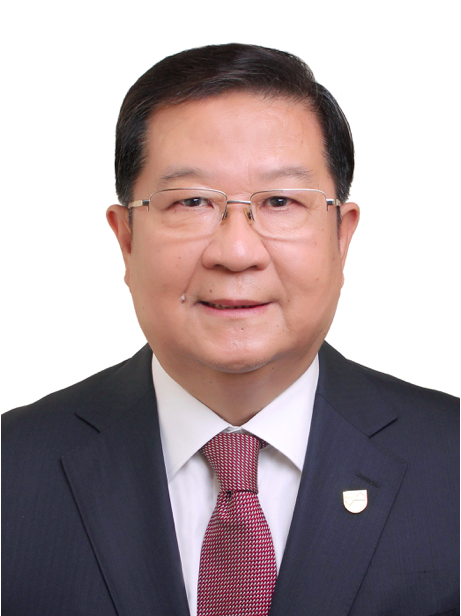
LIU Limin 刘利民
President of China Education Association for International Exchange
Link to Biography Here
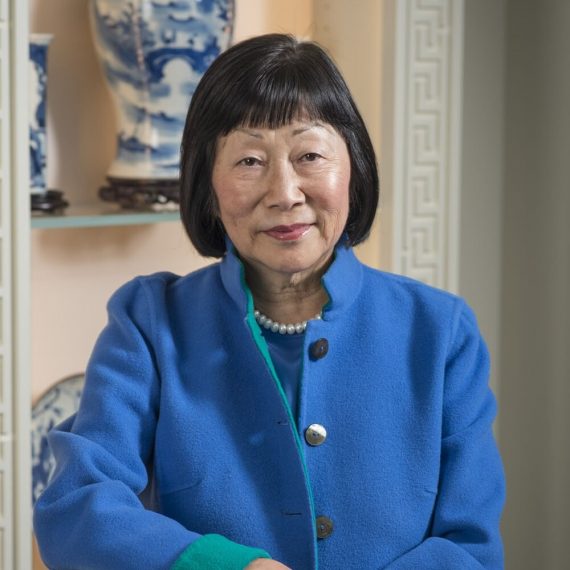
Julia Chang Bloch
Founding President of US-China Education Trust
Link to Biography Here
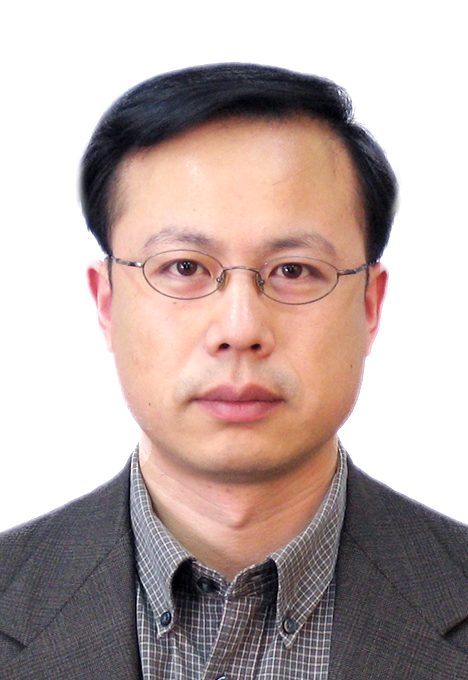
CHEN Zhimin 陈志敏
Vice President of Fudan University
Link to Biography Here
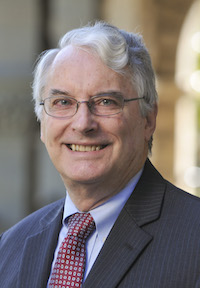
Thomas Fingar
Shorenstein APARC Fellow at Stanford University
Link to Biography Here
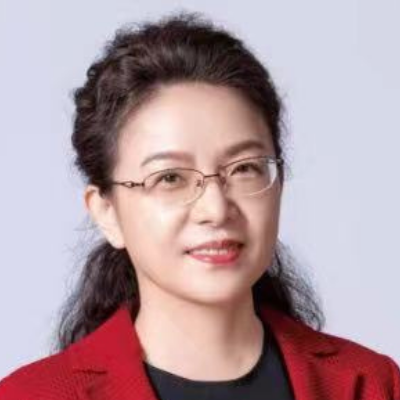
FU Bo 傅博
Director of International Cooperation at China Education Association for International Exchange
Link to Biography Here
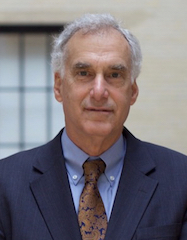
David Goldston
Director of the Massachusetts Institute of Technology Washington Office
Link to Biography Here
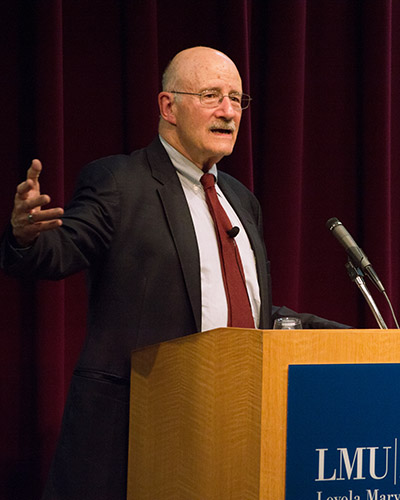
Robert Kapp
Former President of the US-China Business Council
Link to Biography Here
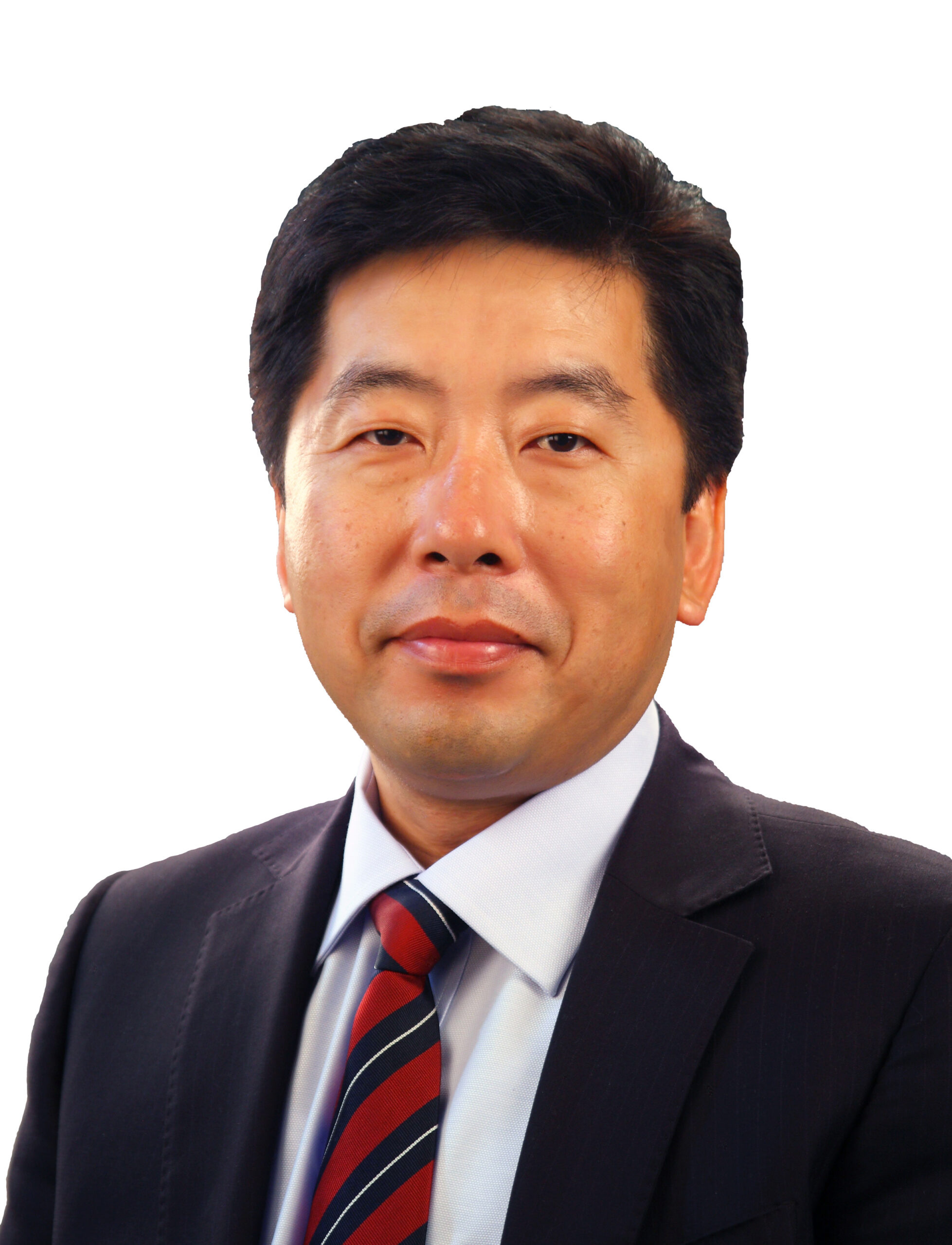
LUO Zhongxuan 罗钟铉
Assistant President of Dalian University of Technology
Link to Biography Here
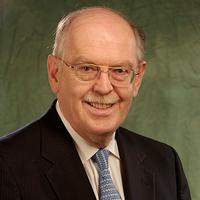
Peter McPherson
President of the Association of Public and Land-grant Universities
Link to Biography Here
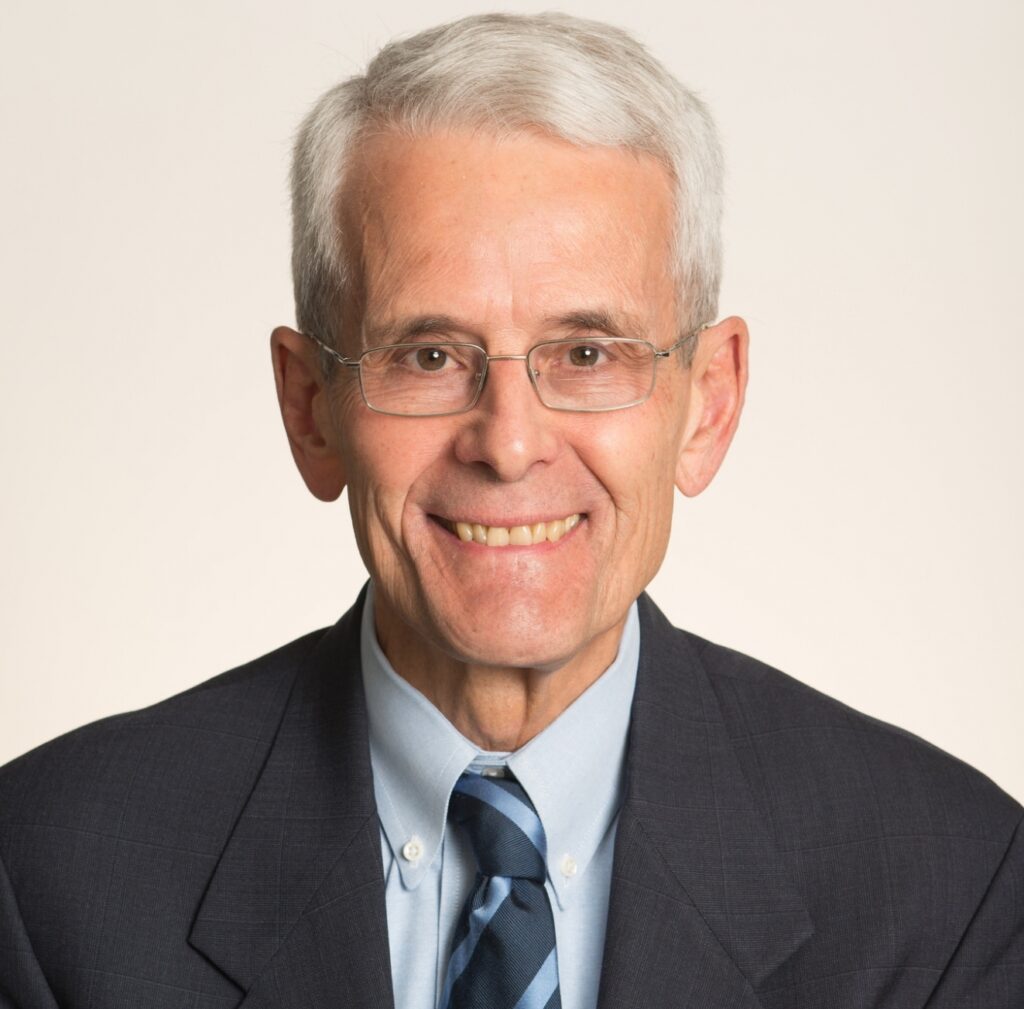
Robert Sutter
Professor of Practice of International Affairs at the George Washington University
Link to Biography Here
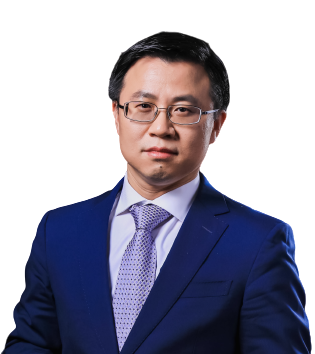
WANG Dong 王栋
Director of the Institute for Global Cooperation and Understanding and Professor at Peking University
Link to Biography Here
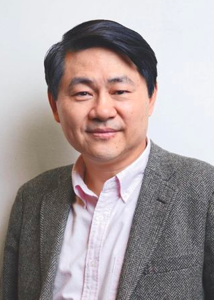
WANG Huiyao 王辉耀
President of Center for China and Globalization
Link to Biography Here
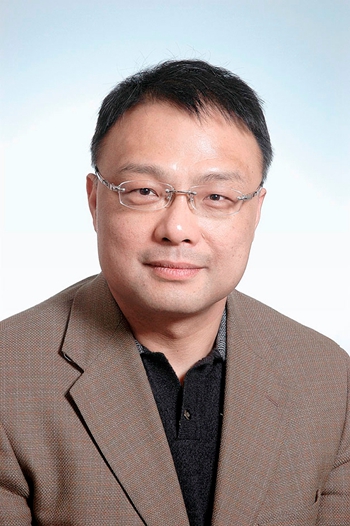
ZHU Feng 朱锋
Executive Dean of the College of International Relations at Nanjing University
Link to Biography Here
